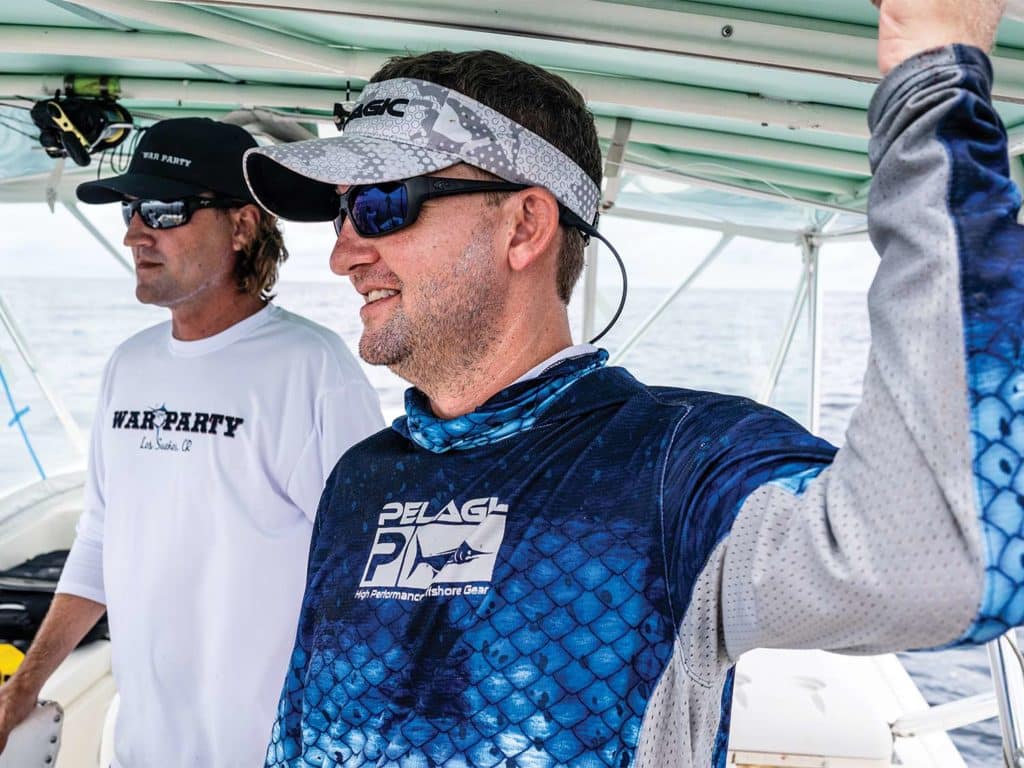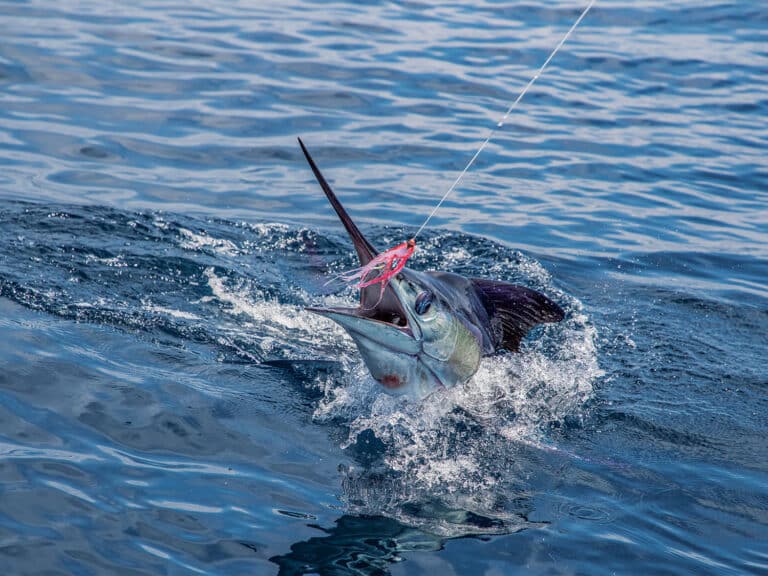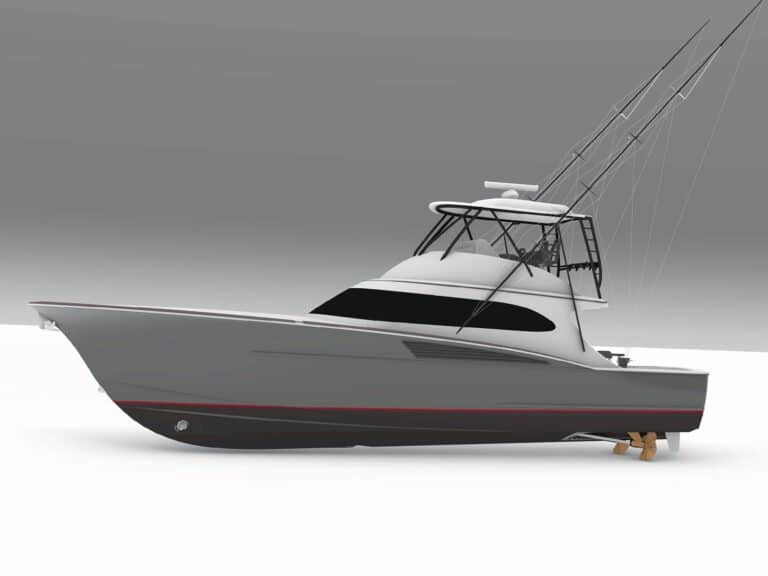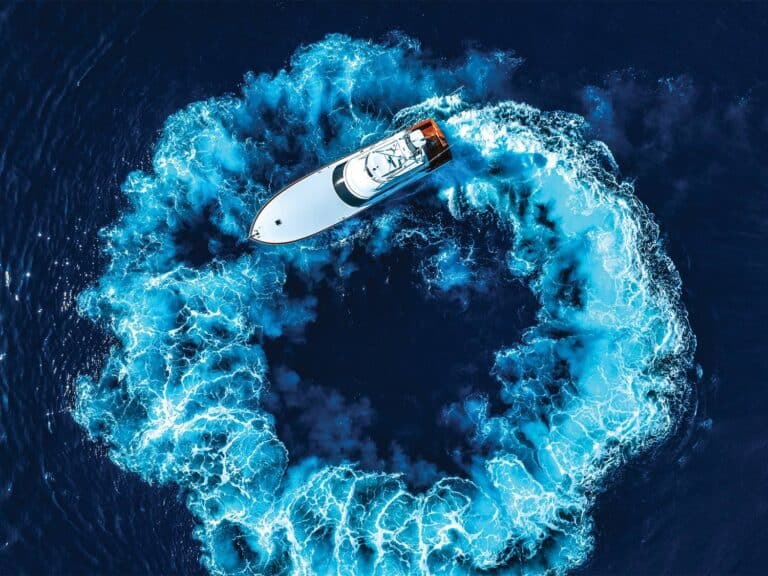
On March 18, 2020, when Costa Rica’s tourism industry was shut down, the economy took a turn for the worse almost immediately. At first, residents thought this was short-term, figuring it would be, at most, 30 days before the tourists came back. But, as we now know, that was not the case. During the first few months, some of the locals took advantage of slower times and the lack of tourists, as well as the incredible fishing. They were on the water pretty much every weekend doing what they loved. But that all would change, for the better.
And so it began. On July 10, the Costa Rican government announced another round of extreme shutdowns: Cars could drive only two days per week, and all nonessential items on grocery store shelves and other shops were banned from being sold—the timing could not have been worse.
That same weekend, the coastal town of Jaco in the province of Puntarenas was hammered by some microburst storms that caused extreme flooding in nearly every part of town. It was that weekend that Brandon Walton and I decided we wanted to help. Just riding through town and seeing all the homes and businesses flooded reminded us of the hurricane-recovery days back in Florida. The difference: The stores in Jaco were still standing and stocked. But because of the lockdown, basic household goods were not available for purchase, and a perfect storm for the already battered beach communities was getting ready to ensue.
Over the past few months, we had enjoyed great fishing and caught endless amounts of meat fish but kept only what we could eat, releasing the rest. Thinking about all those families and what they lost, we decided we would keep our limit each day and donate it to some local organizations such as Jaco Impact and Horizon Church.
As our friends and family heard about the damage in Jaco and what we were doing to help, the offers to donate money and resources started to come in. The thought of others helping from the outside had never crossed our minds, but the fishing community is small, and word travels fast. It was then we decided to organize our efforts and started A Reel Difference.
With help and guidance from Pepper and Jordanna Ailor, their charity—Neighbors Outreach Worldwide—adopted A Reel Difference as a pillar in their nonprofit organization so donors could not only help with contributions, but also benefit from charitable deductions.
We have been fishing every weekend, and so far have donated at least 3,000 pounds of fresh tuna, which has fed hundreds of people. We are also using some of the cash donations to purchase dry food, which is packaged as food baskets to supplement the fish side of our distributions. We have supplied over 200 baskets so far—each providing enough food to feed a family of four for one week.
In the long term, we believe tourism can play a huge role in the success of our organization. Fishermen used to always ask us what could be done with the meat fish they caught, or if there were any charities around they could donate money (or their fish) to, so as the virus allows for more travel, these questions will be easily answered. A Reel Difference is a perfect vehicle for sustaining our long-term plan.
And then there is the private side. Los Sueños Resort and Marina is home to some of the finest sport-fishing operations on the planet. On any given day, the private and charter fleets could easily make a substantial donation of edible fish, which would directly benefit the coastal community that serves this area.
Read Next: Learn more about Offshore Alliance and helping wounded veterans through offshore fishing.
In addition to the food side of our plan, we would like to see more kids get involved in the sport-fishing industry. For many teens here, the opportunity to learn a trade that can dramatically affect their lives is not as easy as in other parts of the world. Historically, the fishing community in Costa Rica is a close-knit one, with most opportunities coming from a family business or knowing the right person. However, by partnering with organizations such as Jaco Impact, we hope to work with teens and younger children by introducing them to the sport, educating them on the importance of conservation, and helping them learn certain skills that could one day open the door to a job in the fishing industry.
In the end, the goal is simple: Bring awareness to those in need along Costa Rica’s coastal communities, and utilize the sport we love and enjoy as a way to help on two fronts, both of which can only make Costa Rica a better place for its residents and visitors. For more information, please visit areeldifference.org.







